Writing about the increasing influences of Russia and Iran, respectively, in Venezuela and other Latin American countries over recent decades, MSc Development Studies alum Luis Eduardo Gutiérrez Rojas examines the historical and political contexts behind these trends.
A Spanish translation of this article is available to read here.
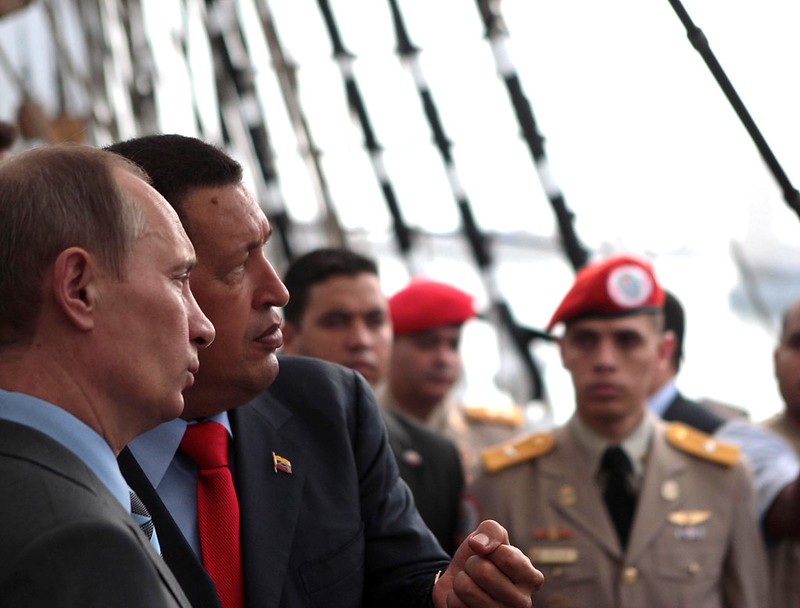
When Hugo Chávez took power in 1999 in Venezuela, not many analysts or politicians expected that the country would become the entry door for Russia. But step by step, the president started to carve a strong relationship with his counterpart, Vladimir Putin, that has extended until today: joint extractive ventures in the oil and gas sectors were created; military and defence cooperation became regular; Russian-made fighter aircrafts and rifles were delivered to Venezuela; and the two nations established a communication alliance to spread propaganda.
Russia´s influence spread from Venezuela to countries like Ecuador and Bolivia. In others like Nicaragua, its presence has been strong ever since the Cold War era, but became stronger thanks to Chavez support. However, in the rest of Latin America, there are indications that the political left is increasingly embracing Russian perspectives on different political, economic, and even cultural affairs, which has been more evident after the Ukrainian invasion in February 2022.
The article´s objective is to discuss the causes and consequences of this trend. It will argue that Russia’s courtship of the Latin American left is enabled by two elements: firstly, its scepticism towards US policies, exported like anti-imperialism, although Russia´s true foreign policy is imperialist itself; secondly, a pragmatic dimension that enables this contradictory alliance. Regarding the consequences, Russia´s influence has the power to undermine Latin American democracies, although in the economic sphere, its capacity has been recently diminished. But Russia is not alone its endeavour to gain influence in Latin America: Iran is also establishing political alliances in the region.
Russian anti-imperialism in LATAM
Anti-imperialism has been a crucial feature of the Latin American left since the early twentieth century and is a response to US foreign policy in the region. In the 1920s, the Peruvian Aprista Party (from the acronym APRA: Alianza Popular para la Revolución Americana), tried to create a unified Pan-American, anti-imperialist, and nationalistic continental political movement. Although it failed in this goal, many political parties followed its lead and created a Manichean narrative, with the US as the main antagonist. This view has been the result not only of populist politicians in the region but of the consequences of America´s foreign policy: coups d’état sponsorship (Chile and Guatemala), political corruption (Central America), and forced economic policies, like the Washington Consensus. Russia has proved itself adept at exploiting this mood, proffering narratives such as the “new multipolar world order”, win-win cooperation, and sovereignty.
Russian efforts to strengthen this anti-imperialist discourse throughout the region started in Venezuela and have gained supporters in every corner of the continent. Venezuela’s role has been essential in this task, growing even stronger since the beginning of invasion of Ukraine. For such a mission, both nations established in 2021 a communication alliance in order to spread Russian propaganda, Transparency Venezuela revealed. According to the findings, Venezuelan news outlets were quoting Russian media as primary sources, a phenomenon that skyrocketed after February 2022 when the war began. Also, it was shown that Venezuela’s pro-government media was avoiding the word “war” for talking about the conflict in Ukraine, and instead was using the term “special military operation” and focusing the narrative on the “denazification” of the country.
The anti-imperialist mood in some political leftist sectors in Latin America is being mined and utilised by Russia in order to gain supporters in the continent. They are achieving their goals with the support of countries like Venezuela, but also by deploying a communication machine in Facebook, Twitter, YouTube, Telegram, Instagram, and other social media, with news outlets like RT or Sputnik.
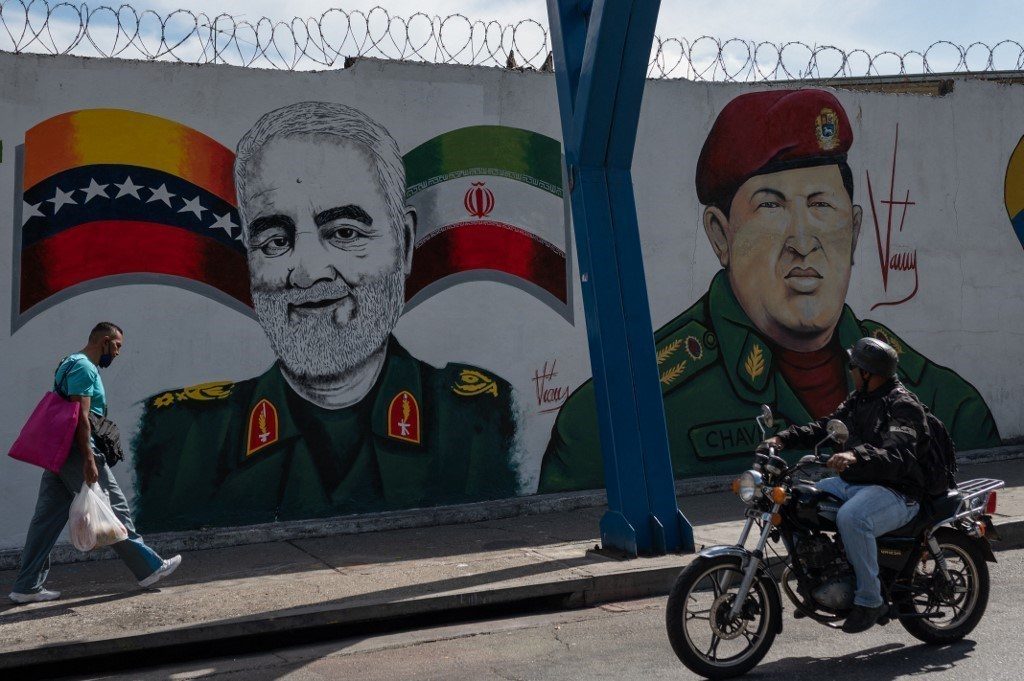
Pragmatism
However, Russia is not alone in its endeavour. Iran is also trying to exert political influence in the region, using Venezuela as the gateway. Although its mix of religion and politics in the country’s governance1 contradicts the essence of a secular and democratic left, several political parties and leaders have also embraced Iran´s discourse and stances on different issues. This is due to two factors: first, like Russia, the Ayatollah´s government has built an anti-imperialist rhetoric targeted mainly towards the US, which can be witnessed in its state-funded news outlet Hispan TV, oriented specifically to the Latino audience. Secondly, the Iranian revolution of 1979 has become a symbol of resistance against foreign interference and interests; therefore, the government is trying to export the “revolutionary values” as a proof of a successful transformation made by the people, that could be emulated in Latin America, regardless of the religious dimension. In more practical terms, the country has demonstrated its usefulness in helping Venezuela to recover its oil industry, which has been in decline since Hugo Chávez´s death in 2013, by investing billions of dollars in refineries, pipelines, oil drills, and most valuably, in facilitating exports.
The Persian nation has diverse investments in Venezuela: after January 2023, Iran will export thousands of cars to Venezuela as a part of a 20-year cooperation agreement signed in mid-2022. One of the biggest mall chains in Iran opened a branch in Caracas in 2020. There is a direct flight connecting the two capitals. These operations have helped both countries to dodge the US-imposed sanctions and sell their sanctioned products in different markets.
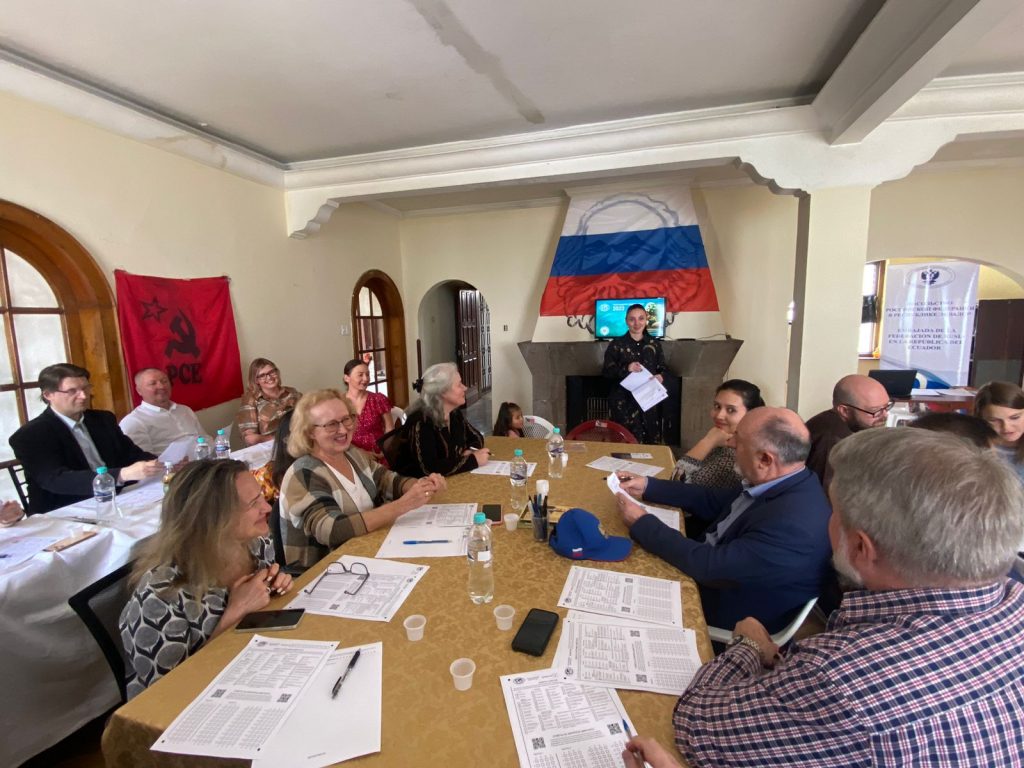
Conclusion: Consequences for the region
Having reviewed the two reasons that explains why the left in Latin America has embraced Russian — and Iranian — propaganda, this article will conclude by attempting to establish the developmental consequences of such involvement. First, there is a direct implication for democracy: Russia´s main allies in the region are the three non-democratic countries of Venezuela, Cuba, and Nicaragua. Putin has strengthened these regimes with aid, Covid-19 and flu vaccines, technical support, and military assistance.
Although democracies in Latin America are flawed, they have arguably fostered beneficial internal developments like human rights observance, labour benefits, social policies, and, more importantly, leftist and alternative governments. With the resurgence of leftist governments after 2018, there is a risk of some rulers trying to follow the Russian and Iranian path, namely, authoritarianism and political rights limitations, which endanger our already fragile systems.
Economically, Russia´s impact on the region has been less consequential. After the invasion of Ukraine, some sectors were adversely affected by limits on trade with Russia due to the Western sanctions. Some examples are the banana producers of Ecuador, beef exporters in Colombia and Argentina, and the farmers depending on Russian fertilisers.
In Latin America, Russian and Iranian propaganda has encountered an audience that, according to the Latinobarometro de las Américas, does not have confidence in its political leaders because corruption has undermined legitimacy, and that does not trust its democratic institutions because they have failed to deliver public services to a significant proportion of the population.. These factors have created a fertile soil for propaganda to take hold and to spread easily, which Russia and Iran can continue to exploit.
1 In September 2021, protests started in Iran as a response to the death of Jina Mahsa Amini while in custody of the Guidance Patrol, i.e. the morality police, an Islamic religious police tasked with enforcing Islamic dress code in public. The government has responded to this situation by repressing protesters, and sentencing some of them to the death penalty. According to BBC, as of December 2022, Iran´s government recognised that over 300 people had died in the protests.
The views expressed in this post are those of the author and do not reflect those of the International Development LSE blog or the London School of Economics and Political Science.


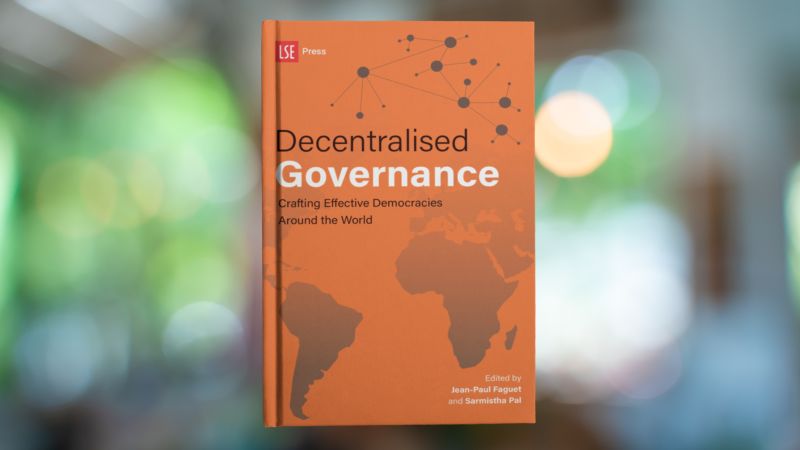

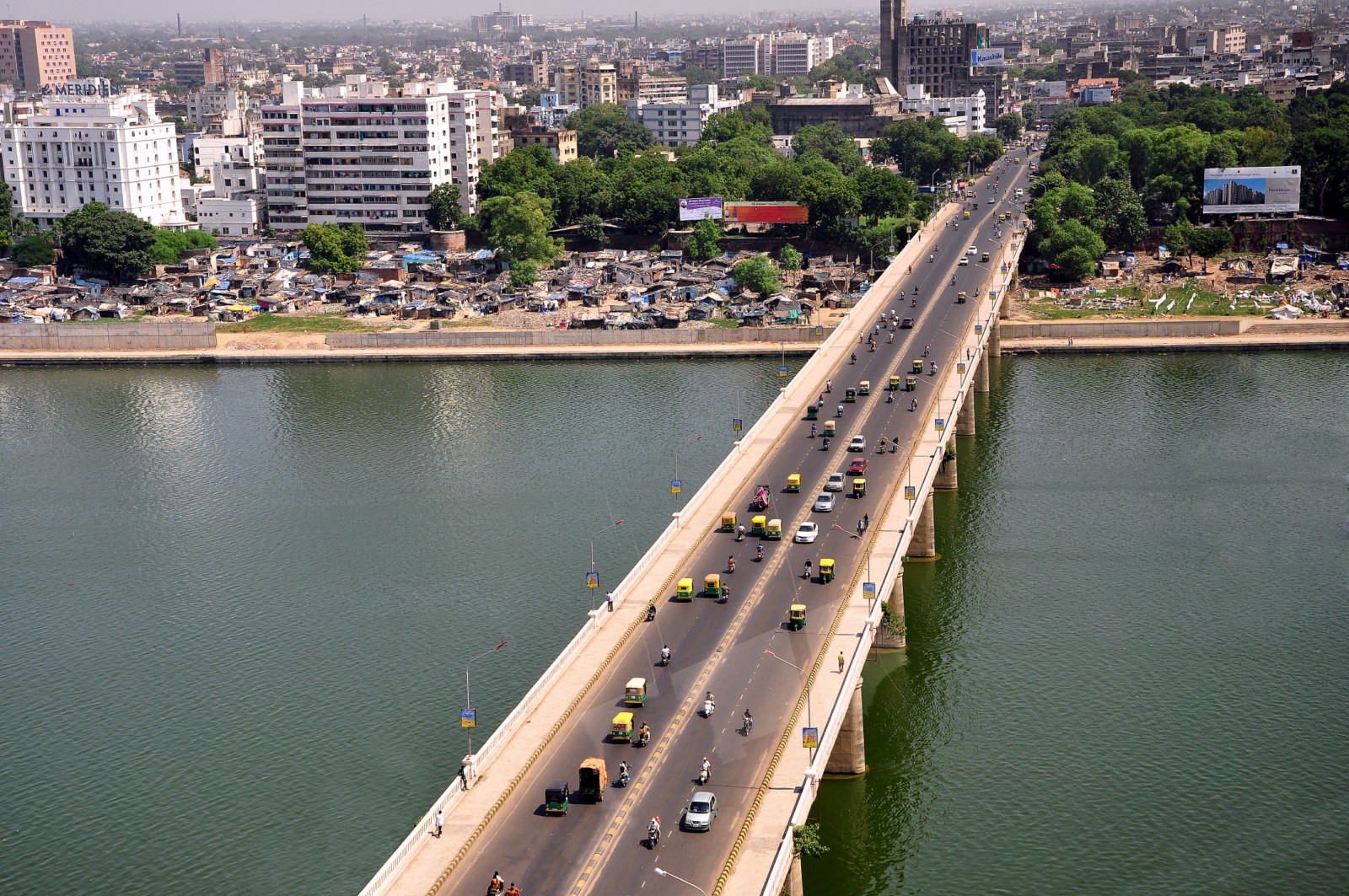
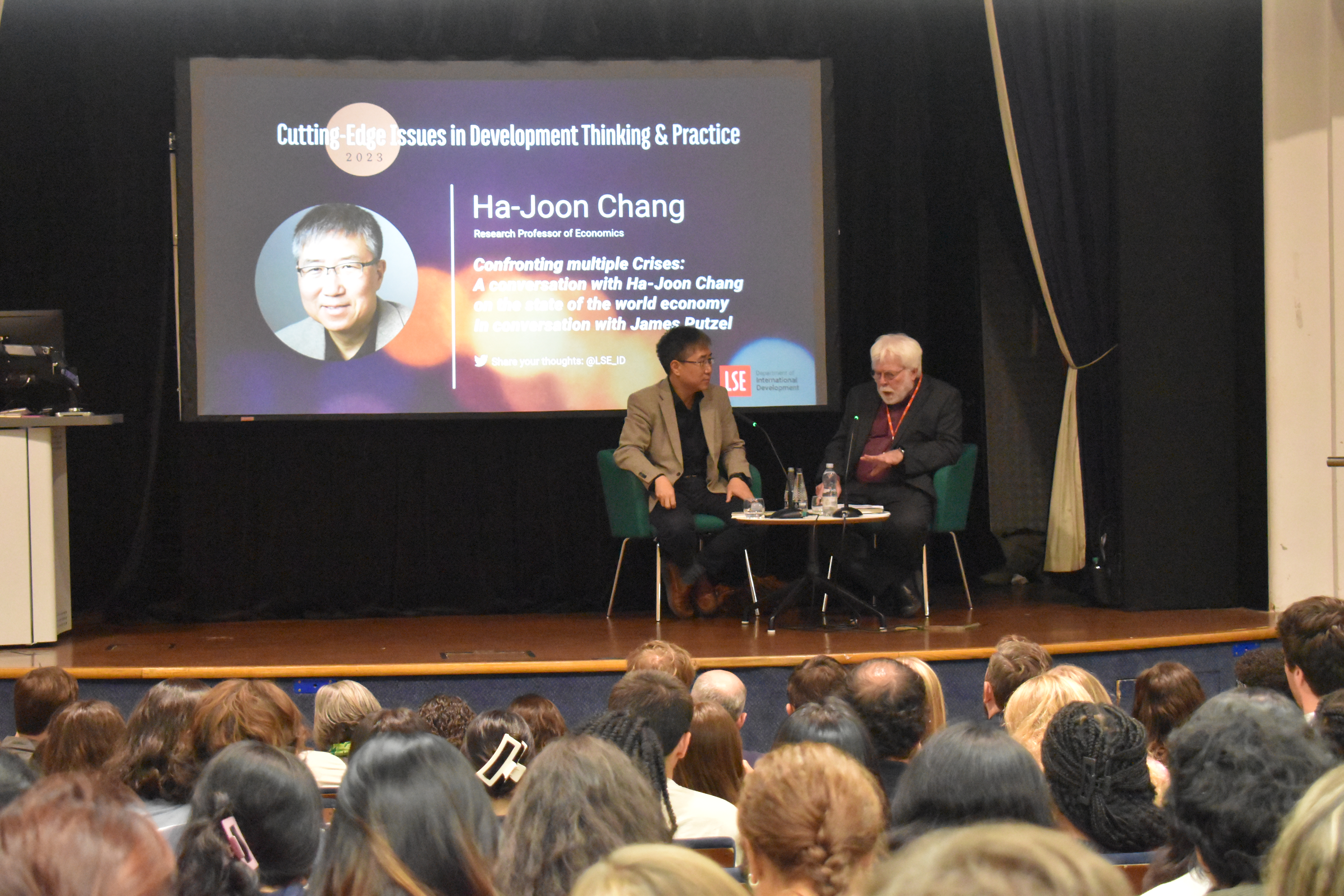
1 Comments